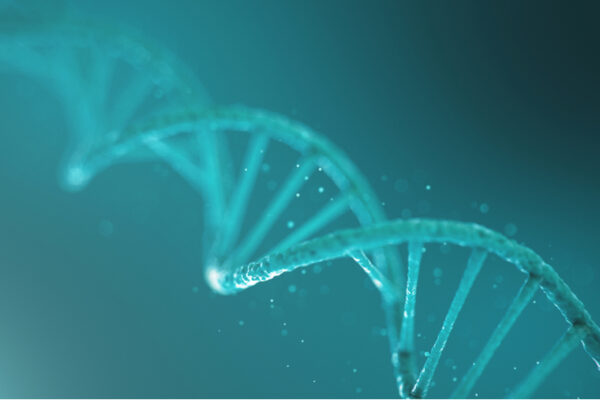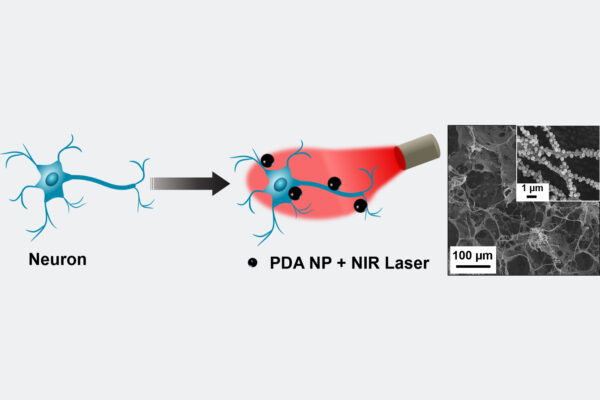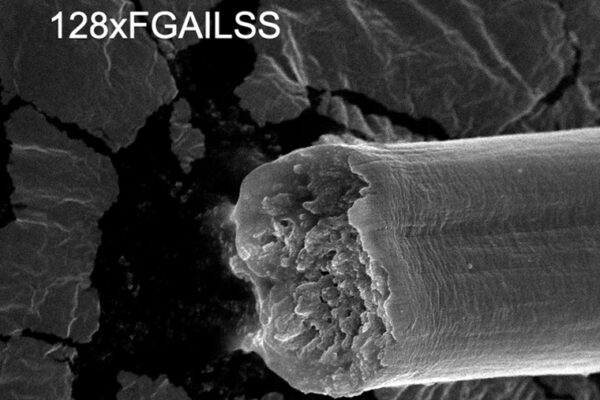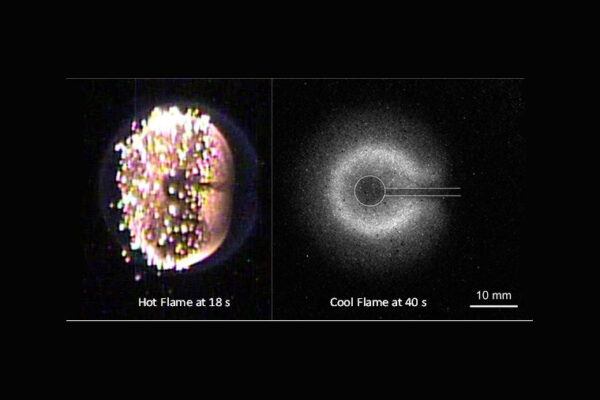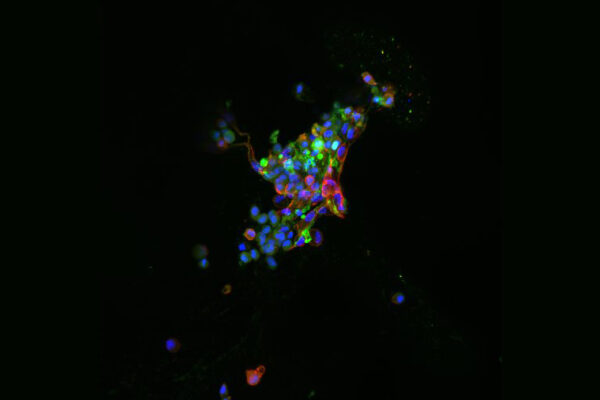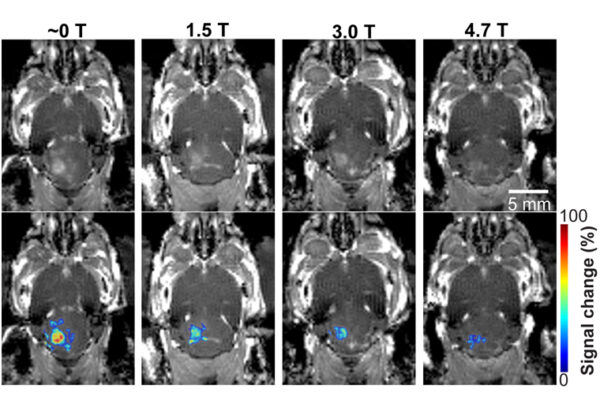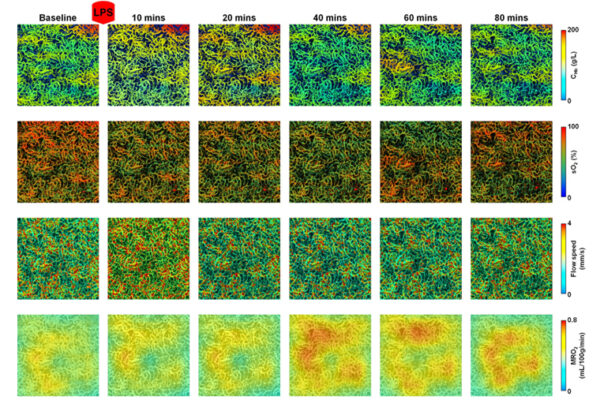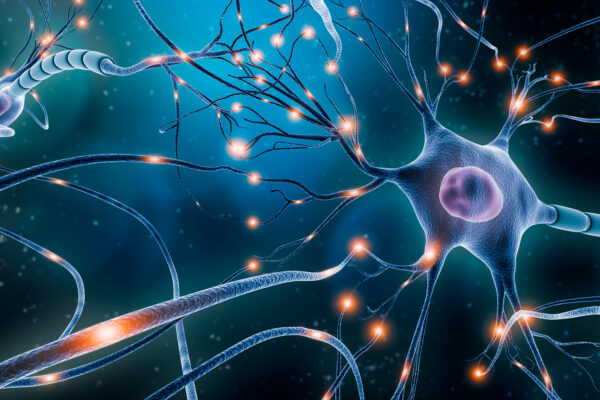NIH funds Rudra, Jackrel to improve vaccines for elderly
Washington University’s Meredith Jackrel and Jai Rudra and are researching nanofiber materials that will eliminate the need for vaccine adjuvants.
Two strands are tougher than one
Research from the lab of Kimberly Parker at the McKelvey School of Engineering reveals key differences between single- and double-stranded RNA, insights that may prove useful to fields from agriculture to medicine.
Moon to engineer microbes to control heat production
Tae Seok Moon, associate professor of energy, environmental and chemical engineering, has received a three-year $501,246 grant from the Office of Naval Research to study heat from the human microbiota.
Nanoparticles create heat from light to manipulate electrical activity in neurons
Srikanth Singamaneni and Barani Raman in the McKelvey School of Engineering developed technology to use nanoparticles to heat, manipulate cells in the brain and heart.
Microbially produced fibers: stronger than steel, tougher than Kevlar
A new fiber, made by genetically engineered bacteria in the lab of Fuzhong Zhang, is stronger than steel and tougher than Kevlar.
‘Cool flames’ ignited in space
Richard Axelbaum in the McKelvey School of Engineering and collaborators have documented a new type of flame — created in space — that may help engineers design cleaner-burning combustion engines.
Interdisciplinary team researches potential treatments for intervertebral disc disease
The Setton lab leads an interdisciplinary team researching potential treatments for intervertebral disc disease.
MRI’s magnetic field affects focused ultrasound technology
Research from the McKelvey School of Engineering highlights the interaction between MRI and focused ultrasound with microbubbles.
High-tech imaging reveals blood, oxygen flow, energy metabolism in mouse kidneys
Researchers in the McKelvey School of Engineering and at the University of Virginia recently developed a high-tech imaging technique that opens up opportunities to study dysfunction in acute and chronic kidney disease.
Ching, Sinopoli to study brain dynamics, learning
A multidisciplinary team led by McKelvey School of Engineering researchers will probe the dynamic brain cell mechanisms on which artificial intelligence is based with a nearly $4 million grant from the U.S. Army.
Older Stories

